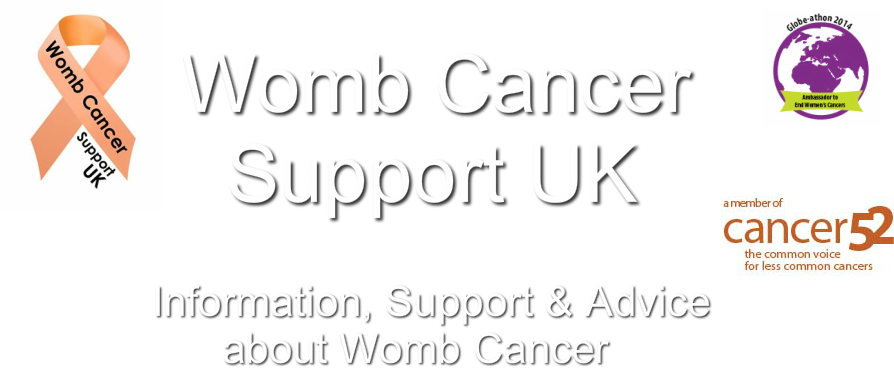"At 25 years of age, I'd always assumed that one day I'd settle down and have kids. After all, that is what society expects of us isn't it? Little did I know, my life as I knew it was about to be turned upside down.
October 26th 2012, the day that changed my life forever. 'You've got Womb Cancer' they said. 'You'll need to have a hysterectomy'. As I sat down with my surgeon to discuss options I was informed that because I was single, the option to have my eggs frozen was not available to me.
Looking back, I probably could have paid to have this done privately but everything passed in such a blur, it didn't even occur to me at the time. Two weeks later there I was, waiting to go into theatre, waiting to have my future ripped out of me.
After surgery, I remember having a pretty dramatic meltdown on the ward, emotionally, I was a mess. The poor nurses didn't know what to do with me as I couldn't explain what was wrong.
The grief hit me immediately. A feeling of loss. But how could I have lost something I'd never had? It's hard to put into words but I came across this quote that pretty much sums it up,
"The English language lacks the words 'to mourn an absence.' For the loss of a parent, grandparent, spouse, child or friend we have all manner of words and phrases, some helpful, some not. Still, we are conditioned to say something, even if it is only 'I am sorry for your loss.' But for an absence, for someone who was never there at all, we are wordless to capture that particular emptiness. For those who deeply want children and are denied them, those missing babies hover like silent, ephemeral shadows over their lives. Who can describe the feel of a tiny hand that is never held?" - Laura Bush.
I was mourning. Mourning the life I thought I would have. We've all at some point imagined what our future might look like. Imagined what it might feel like to be pregnant and bring life into the world. The hardest thing is knowing that everything you'd imagined was now never going to happen.
I'd never know what it feels like to have a life growing and kicking inside me. I'd never hear a tiny heartbeat. I'd never open a Mother's Day card or hear a little voice call me 'mum'.
I will miss out on so many firsts. First scan, first kick, first Christmas, first birthday, first day at nursery. The list goes on.
In a world that expects women to grow up, get married and have babies, facing childlessness is incredibly difficult. I wish I could say it gets easier. Days, weeks or months can pass and I'll be fine but then something will hit me like a truck and push me right back to square one, whether it be Mother's Day, Christmas, a silly 'challenge' on Facebook, an insensitive comment. There will always be something to remind me that I'll never quite fit in.
If I have learnt anything throughout all this it is that there is very little support for people facing infertility after cancer and it seems to be a subject that people just don't want to talk about or understand, which can make it an incredibly isolating experience. I am now faced with a new journey on a completely different path. I hope that one day I will find my place but at the moment it feels like I will always be on the outside trying to figure out my 'plan B'. I hope that one day I will find meaning without children."
If you are facing similar issues then you can find help and support here
If you would be willing to share your story then please contact me at [email protected]
xx Kaz xx

 RSS Feed
RSS Feed
